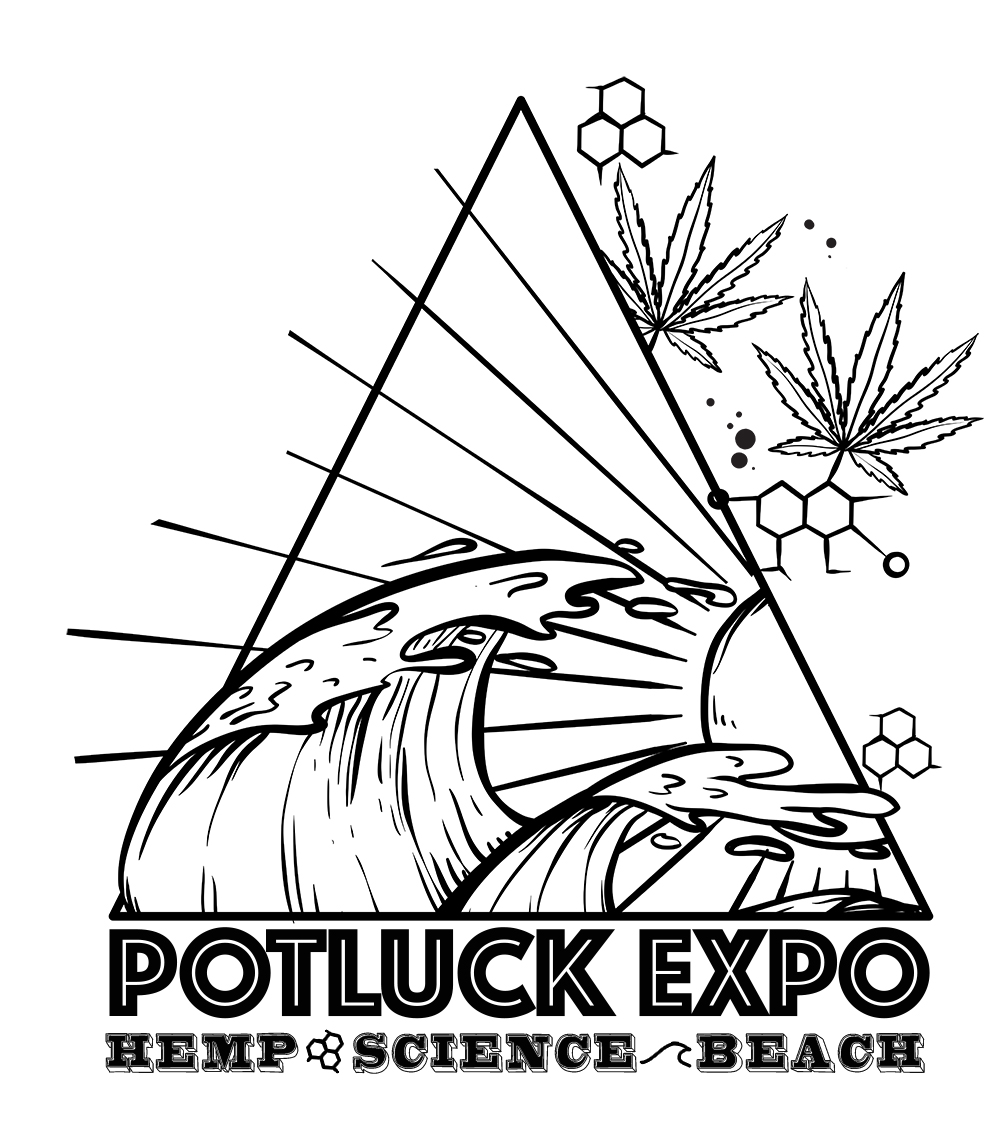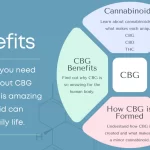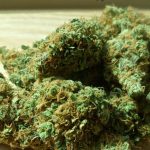
Benefits, uses and effects: CBDA, CBGA and THCA Hemp flower?
What are benefits, uses and effects of CBDA, CBGA and THCA Hemp flower?
What are the benefits of smoking CBD, CBG and THCA Hemp flower or buds?
Smoking CBD and CBG hemp flower may have several potential benefits, including:
- Pain relief: CBD and CBG have anti-inflammatory properties that may help to reduce pain and discomfort in the body.
- Anxiety and stress relief: CBD and CBG may help to reduce feelings of anxiety and stress, which can be beneficial for people who struggle with these conditions.
- Improved sleep: CBD and CBG may help to promote relaxation and improve sleep quality, which can be beneficial for people who have difficulty sleeping.
- Improved focus and concentration: CBD and CBG may help to improve focus and concentration, which can be beneficial for people who struggle with attention disorders.
- Appetite stimulation: CBD and CBG may help to stimulate appetite, which can be beneficial for people who struggle with appetite loss.
It’s important to note that more research is needed to fully understand the benefits and potential risks of smoking CBD and CBG hemp flower. It’s also important to consult with a healthcare professional before starting to use any new supplement or medication.
How do I use CBD, CBG and THCA Hemp flower buds?
The most popular ways to use CBD, CBG and THCA hemp flowers include:
- Smoking: One of the most common ways to use CBD, CBG and THCA hemp flower is by smoking it. This allows for quick onset of effects and easy dosing.
- Vaporizing: Vaporizing CBD, CBG and THCA hemp flower is similar to smoking it, but it uses heat to release the active compounds rather than combustion. This can be less harsh on the lungs.
- Edibles: CBD, CBG and THCA hemp flower can be used to make edibles, such as infused butter or oil, which can be used to make various types of food and drinks.
- Topicals: CBD, CBG and THCA hemp buds can be used to make topicals, such as creams and salves, which can be applied to the skin for localized relief of pain and inflammation.
- Tinctures: CBD, CBG and THCA hemp flower can be used to make tinctures, which are liquid extracts that are taken sublingually (under the tongue). This method allows for easy dosing and fast onset of effects.
- Capsules: CBD, CBG and THCA hemp bud can be used to make capsules, which are easy to swallow and convenient to take on the go.
Is THCA considered Delta 9 THC?
THCA (Tetrahydrocannabinolic acid) is a non-psychoactive compound found in raw and live cannabis. It is the precursor to THC (Tetrahydrocannabinol), which is the compound responsible for the psychoactive effects of cannabis.
Delta-9-THC is the primary psychoactive component in marijuana and it is the most researched and understood form of THC. Delta-9-THC is produced when THCA is heated, this process is called decarboxylation. THCA is non-psychoactive and does not produce the “high” associated with THC.
So, THCA is not considered as delta-9-THC, but rather it is the precursor of it. THCA is the form of THC that is present in raw and live cannabis and it only becomes delta-9-THC when it is heated.
So THCA is not illegal?
THCA is not illegal in many places, as it is a non-psychoactive compound found in raw and live cannabis. The 2018 Farm Bill legalized hemp-derived products, including CBD, which can be derived from THCA. However, laws and regulations regarding cannabis and cannabis-derived compounds can vary from state to state and country to country.
It’s worth noting that in the United States, the possession, sale, and use of marijuana (which contains THC) is still illegal under federal law, even though some states have legalized its use for medical or recreational purposes.
In general, it is always important to check the local laws and regulations regarding cannabis and cannabis-derived compounds before using or possessing them. Consulting with a legal professional or checking with the relevant authorities is always a good idea before making any decisions.





